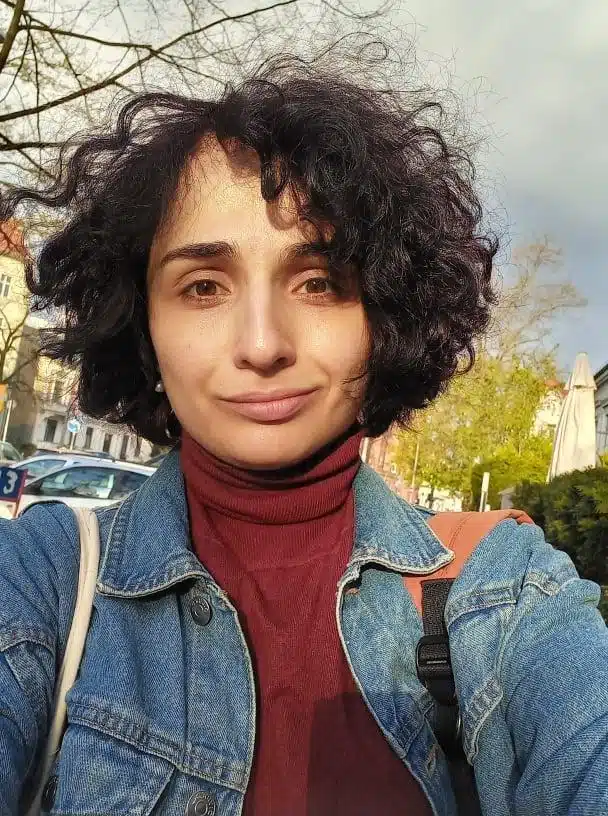

Invited Speaker
Mariam Chakhvadze
PhD Candidate Masters in National and International Administration and Policy at the University of Potsdam
Certificate of attendance available
This presentation aims at contributing to the research about the impact of the digitalization on business models. Intensive introduction of information and communication technologies in public services changes the interaction between various actors and created new forms of networking (Jafari, Moharami, 2019). Digitalization of the social capital enabled to link together the communities that otherwise would be confronted with the risk of being disconnected (Circular Conversation, 2020). The new constellations demonstrate the relevance of conceptualizing digital social capital and analyze its influence over the navigation towards more resilient economic transition.
In Georgia the modernization of the vocational education and training (VET) system has a reversal role. The VET design has direct impact on the competitiveness and internationalization of the small and medium-sized enterprises, which play a significant role in Georgia’s economy, but because of their concentration mostly in low value – added activities demonstrate relatively weak contribution to the country’s wealth (OECD, Improving SME Policy in Georgia). To unlock the potential of digitalization SMES in Georgia need to become more competitive, expand their access to the international markets through reconceptualizing their business models, which is impossible without skillful human resources, as well as comprehensive entrepreneurial culture. Such transformation can be accomplished by the non-traditional co-production (Sorentino, Sicilia & Howlett, 2018) based reform of the VET architecture. In the following presentation I will discuss the opportunity to unlock these pathways and also analyze the process of bridging social capital building.
About the presenter:
I am Mariam Chakhvadze born on 22.10.1988 in Georgia Tbilisi. In 2019 I got my master’s degree in National and International Administration and Policy at the University of Potsdam. Since then, I have been working on the PhD-thesis The Role of Co-Production in Public Service Delivery: Vocational Education and Training in Georgia and Germany (University of Potsdam). The research is conducted in the framework of the scholarship from Konrad Adenauer foundation.
I am also actively involved in the project called Grenzenlos / Across Boundaries. The project is offered by the World University Service (WUS). It is a cooperation between vocational schools and the guest speakers – students from Africa, Asia, and Latin America. The cooperation aims at empowering the responsibility towards sustainable development in vocational schools and support the intercultural relations.
About Our Webinar Series
This event is part of our regular webinar sessions for social capital researchers including PhD/master students. These sessions include invited presentations from prominent scholars as well as presentations by PhD students and experts in professional practice.
For social capital researchers, these sessions are an opportunity to hear about the latest social capital research and insights from scholars working on the concept. They can be a great way to connect with people, to get advice, discuss ideas or issues, get suggestions for literature to read, or you can just listen.
Are you researching social capital and want to present your research? Click here for more information and to submit a proposal.
Generally, presentations can be 20 to 30 mins. The content of your presentation will depend on your research stage.

